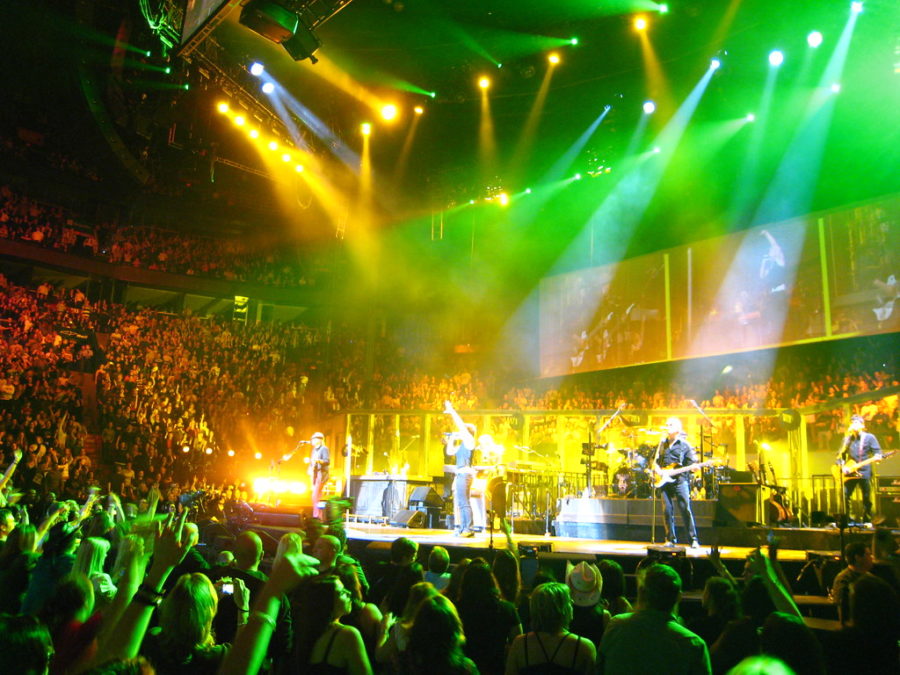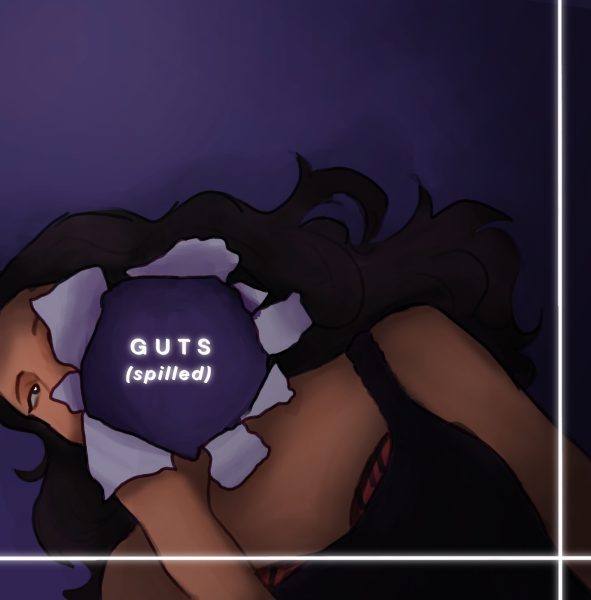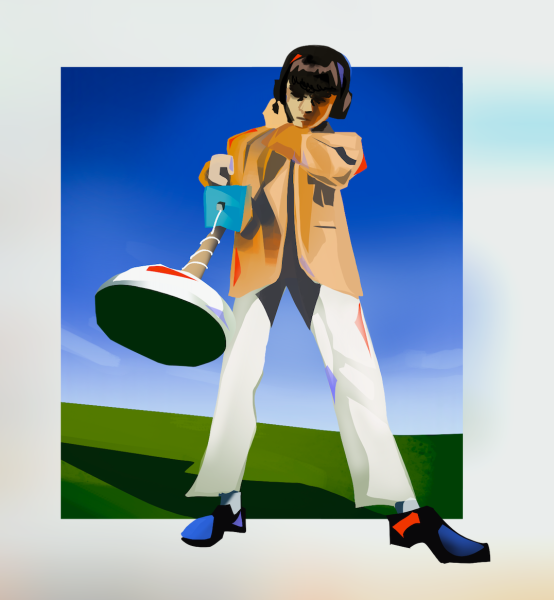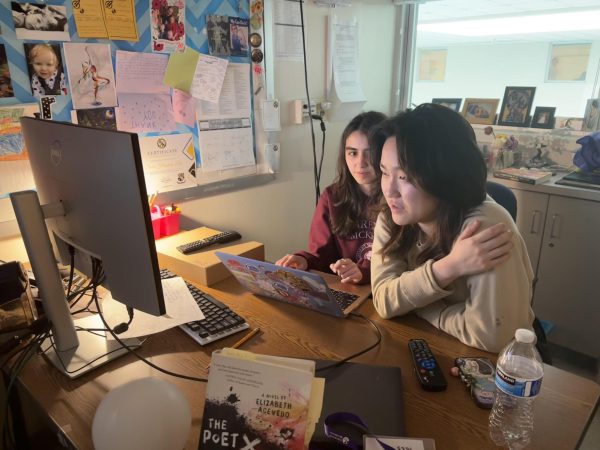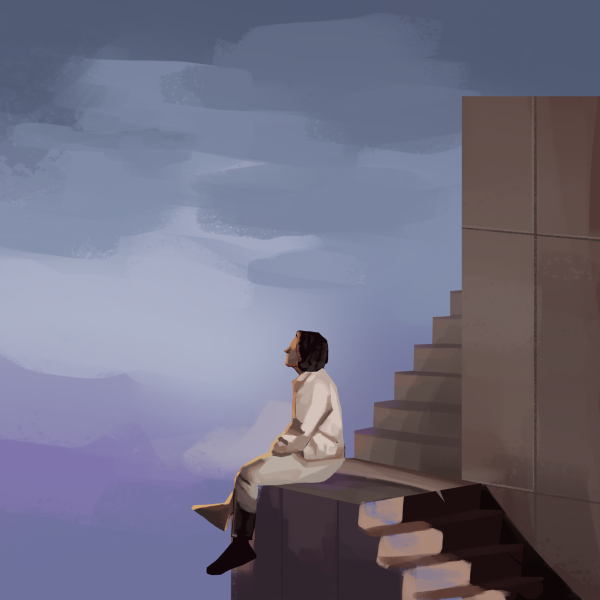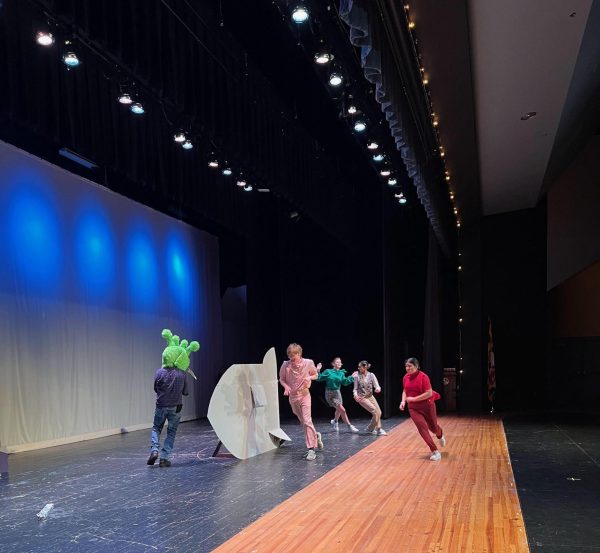Are in-person concerts safe?
The pandemic has made us question everything we used to be comfortable with, including concerts. Will they go back to normal or will we find a new way to stay safe while enjoying the artists we love?
December 3, 2021
As the world returns gradually to normal from the pandemic, one market that is wishing well for a rebound is the music industry. Lockdowns, coupled with a fear of contracting an unknown and serious virus at the time caused a huge crash in revenue for artists, who could no longer perform live concerts. The result was the loss of hundreds of thousands of jobs. According to Rolling Stone Magazine, the concert industry has lost $9.7 billion in ticket sales since the start of 2020, and another $30 billion in sponsorships and marketing.
Thus, it is no surprise that many music corporations are eager for a return to in person performances. Currently, in-person tours have increased gradually, though there are significant concerns on the safety and practicality of having large, dense gatherings. “With the new information we’re getting on the delta variant, I am a little bit hesitant to say yes,” Dr. Donald Dumford of the Cleveland Clinic said when asked about the resuming in-person concerts.
Those who argue for the return to normalcy stress the wide availability of the vaccine, and how adults, teenagers, and children are now able to take it. However, a recent CDC report on an outbreak of COVID-19 in Massachusetts found out that those who were vaccinated still contained similar viral loads of those who were unvaccinated. Indoor concerts especially, pose a high risk of transmission, due to the large crowds and everyone touching each other.
Because of this, most concerts held in recent months took place outdoors. Even with outdoor events, the risk of spreading COVID is still largely possible, especially in gatherings with poor social distancing. Concerts are crowded and will almost certainly contribute to transmission of the new delta variant. Breakthrough cases have occurred, which has raised questions over the effectiveness of just providing vaccination status for admission into an event. Because of this, some concert venues are requiring not only vaccination status, but also coronavirus testing. This has been praised as a way to better control and lower the possibilities of contracting COVID-19 among attendees. Vaccines nonetheless, are proven to still be useful in decreasing the severity of the symptoms.
Artists are also concerned about COVID-19, and moreover, the amount of revenue they can make due to the cautiousness of their fans and base. “You get one event that’s a super-spreader, and that can still happen — you want to be far away from that,” an agent working in the music industry said to Rolling Stone. With the understanding that money can only be made if a large number of people attend, many in the concert business have projected that in the best case scenario, full sized in person tours will return in 2022.
Recent events have fueled up debate over this issue. Not long ago on Nov. 5, the Astroworld event in Houston was the site of a horrendous tragedy. 10 people died and another 130 were injured because of a crowd surge. Survivors of the deadly incident noted the inability to move around, lack of space, and most importantly, insufficiency of fresh air. Concerns over safety have already been present due to the pandemic, but incidents like the Astroworld concert have sparked more awareness around other potential emergencies in a time of fear and cautiousness. Nonetheless, there are doubts on whether this will have a profound impact on the music industry. Music festivals have largely ended as colder weather arrives, and that can give time for a recovery in reputation. Additionally, events like this can give a lesson or two to the artists and companies for what protocols need to be added.
More positive news comes from vaccinations though. A wide range of economists and medical experts agree that the vaccination rate will determine the number and demand of in person concerts in the future. As kids make up a significant percentage of the population, it was stressed that this could be a roadblock due to the FDA not approving the COVID vaccine for anyone below 12. Recently, however, the FDA approved the Pfizer vaccine for children 8 years and above.
The wide consensus is that returning to normal will not be a one-time decision, but rather a gradual process of loosening restrictions and measures to mitigate coronavirus transmission. It is very unlikely that concerts will be back to full capacity given the amount of variants. However, there is hope and optimism that with new adaptations and medical advancements to treat COVID-19, in-person music tours can begin once again.


